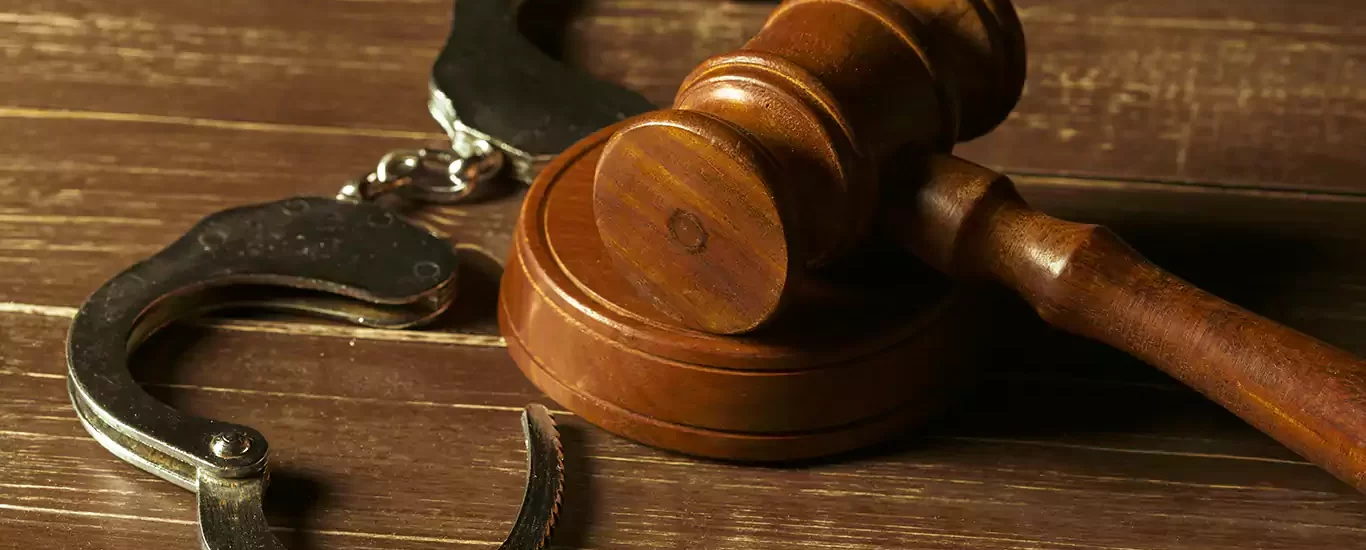



Bail represents a critical intersection of two fundamental legal principles: the presumption of innocence and the need to ensure justice. It allows an accused individual temporary freedom while awaiting trial, but this liberty is not unconditional—it comes with legal, financial, and ethical implications. Across the world, debates continue around whether bail systems uphold fairness or disproportionately affect the marginalized.
This article explores the legal framework, ethical dilemmas, and current reforms surrounding bail, analyzing how courts balance liberty with accountability.
Bail is a legal mechanism by which a person accused of a crime may be released from custody while awaiting trial, typically under specific conditions. The purpose is to ensure the accused returns to court without unnecessarily depriving them of liberty.
Bail can take several forms:
Cash bail – A monetary amount paid to the court
Surety bail – A third party guarantees the accused’s appearance
Personal bond – Release based on the accused’s promise, without payment
Conditional bail – Release under strict conditions (e.g., travel restrictions, regular police check-ins)
Section 436: Bail for bailable offenses (right of the accused)
Section 437 & 439: Bail for non-bailable offenses (discretionary power of courts)
Section 438: Anticipatory bail—relief before arrest
Courts evaluate:
Nature of the offense
Severity of punishment
Risk of absconding
Influence on witnesses or evidence
Past criminal record
United States: Cash bail is widely used, but criticized for penalizing poverty.
United Kingdom: Focuses on conditional bail; the use of financial sureties is rare.
Germany & Scandinavian countries: Rarely detain pretrial; rely heavily on trust and supervision.
Cash bail systems often favor the wealthy. A person accused of a serious crime may walk free if they can pay, while someone charged with a minor offense may remain in jail due to financial hardship.
Pretrial detention can undermine this principle by subjecting individuals to incarceration before guilt is proven.
There are ethical concerns when bail leads to the release of individuals who pose real threats to victims or the community.
The subjectivity in granting bail may lead to inconsistency or even bias in decision-making.
Overburdened Courts: Delays in bail hearings lead to prolonged pretrial detention.
Corruption and Misuse: In some regions, bribery or favoritism taints the bail process.
Lack of Legal Aid: Indigent accused may not access proper legal representation for bail applications.
Gender and Social Bias: Women, minorities, and marginalized groups face added hurdles in securing bail.
Supreme Court rulings emphasize that bail, not jail, should be the norm.
Draft Bail Act (2021): Seeks to simplify, unify, and modernize bail provisions in India.
New Jersey, USA: Eliminated most cash bail, using risk assessments instead.
Canada: Promotes the “ladder principle”—courts must consider the least restrictive bail conditions first.
Electronic monitoring (e.g., ankle bracelets)
Regular court check-ins
Travel or employment restrictions
Community supervision programs
Hussainara Khatoon vs. State of Bihar (1979): Sparked prison reform and emphasized the right to a speedy trial and bail.
Sanjay Chandra vs. CBI (2011): Reaffirmed the importance of personal liberty and questioned unnecessary pretrial detention.
Arnab Manoranjan Goswami vs. State of Maharashtra (2020): Emphasized the principle that bail should not be withheld as a form of punishment.
Bail is more than just a legal procedure—it is a reflection of society’s commitment to justice, equality, and human rights. While its purpose is to balance individual freedom with the interests of justice, its execution must evolve to prevent discrimination and ensure fairness.